Recycling Lumber, Tree Waste, and Pallets
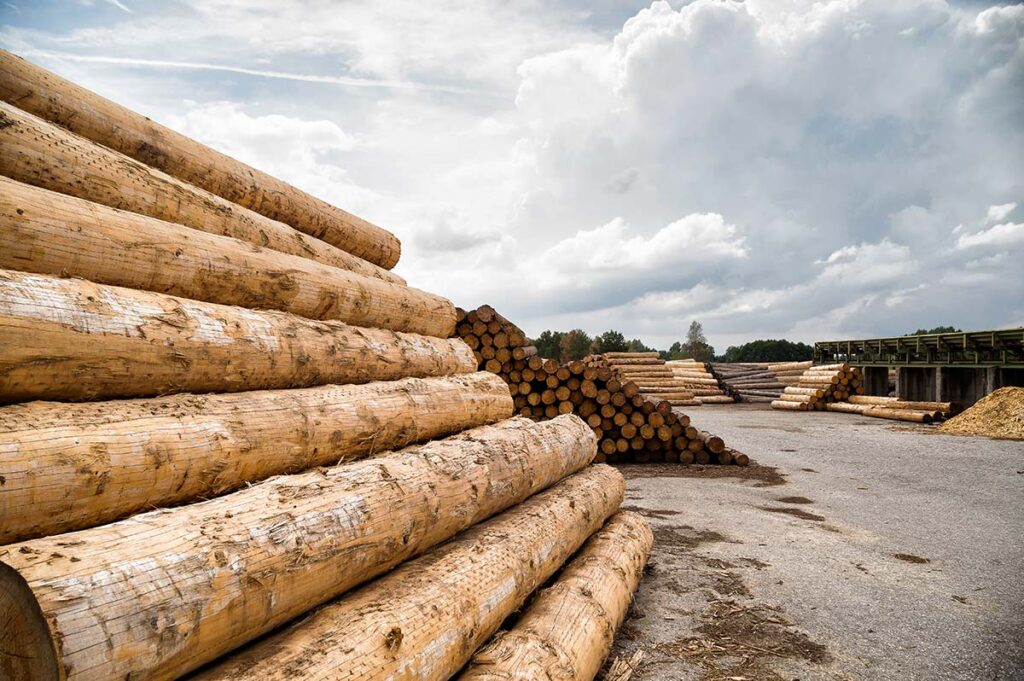
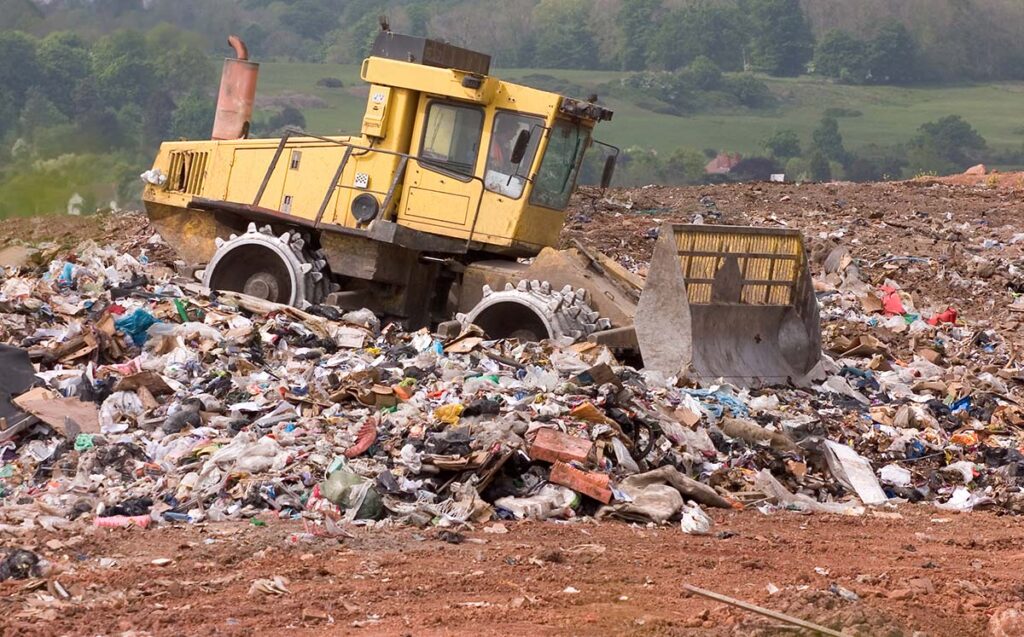
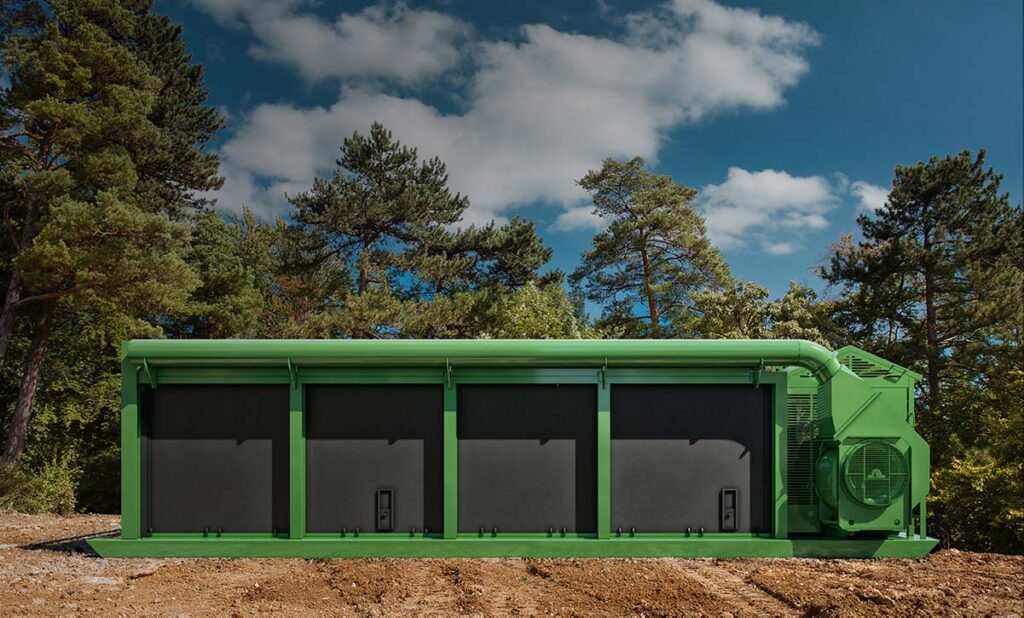
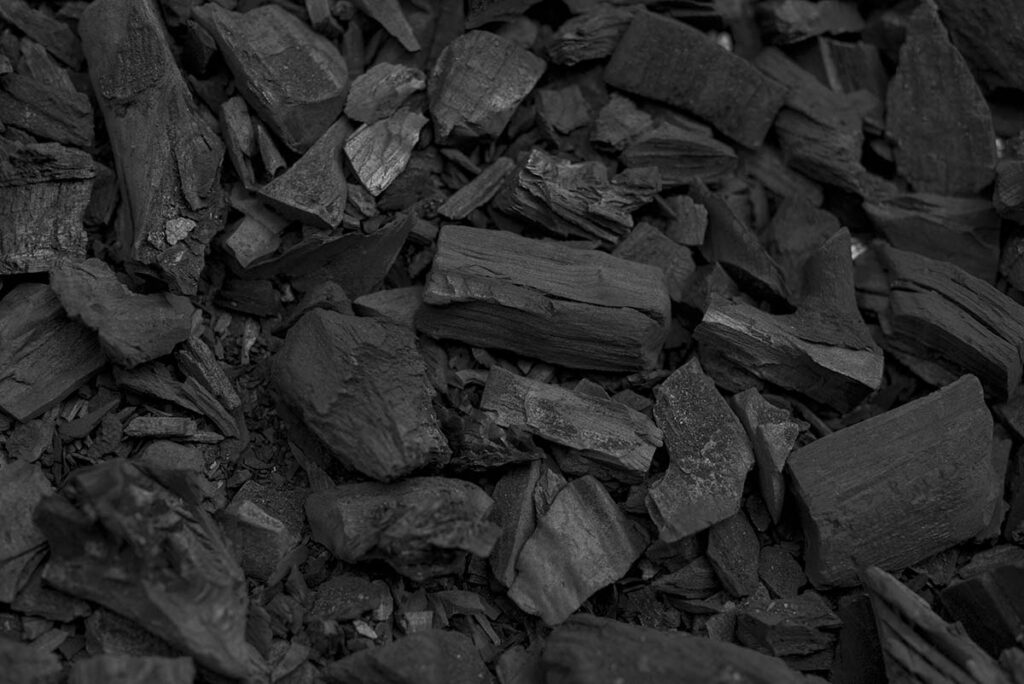
In 2017 alone, the EPA estimated that 18 million tons of wood waste was landfilled, with only 3 million tons of that being recycled (source). When you bring your wood waste to be recycled at SCS we’re providing a sustainable solution to a very real problem. We use our patented Airburner technology to process your pallets, untreated lumber, brush, and logs into high-quality biochar which sequesters CO2 and can be used in a variety of ways. If all wood waste was processed to biochar we could sequester over 9 million tons of CO2 per year. Recycling your wood waste is just one way you can help build a better, more sustainable tomorrow.
Wood waste is choking out our planet, with more being generated than what we can recycle. There is little to no market for the recycled product and the recycling process consumes so much fuel, its environmental benefits are questionable. The only viable solution is to utilize an air curtain burner—like our Air Burner—that can burn wood waste in the most cost-effective and environmentally-friendly way possible. Our Air Burner’s air curtain machine can burn the wood naturally utilizing pyrolysis and using virtually no hydrocarbon fuels. All that remains after the burn is a nutrient rich soil amendment called biochar and providing a carbon negative platform.
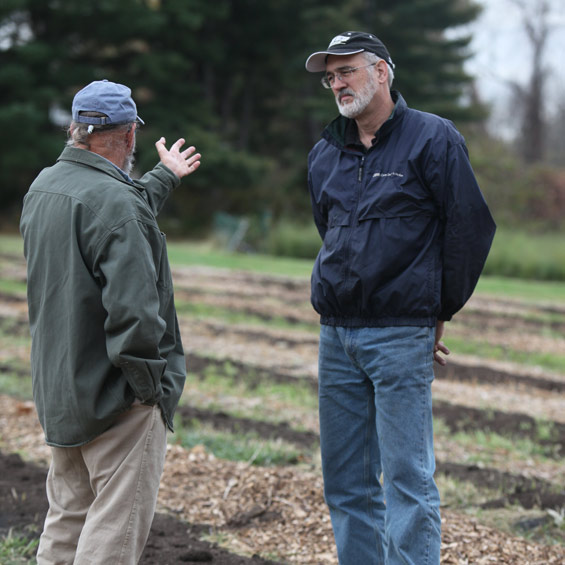
Biochar reduces plant mortality by improving moisture dynamics, creating a buffering effect that protects fragile root structures in drought conditions.
When combined with organic matter and mineralization, biochar improves plant-microbe synergy and restores depleted soils.
Biochar improves nutrient retention by capturing and storing organic matter and other plant nutrients, releasing them slowly, while binding metals, in-organic contaminants, and toxins.
Biochar reduces compaction and remains in the soil for generations, providing a long-term solution to underperforming soils.
Biochar is effective in adsorbing and sequestering heavy metals and trace elements such as: arsenic, cadmium, chromium, copper, zinc, lead, mercury and nickel.
Biochar is effective in adsorbing and sequestering organic compounds such as phosphates and nitrates in runoff from dairy farms and other livestock industries.
Once ‘charged’ with compost or compost tea full of helpful microbes, biochar can be field applied, improving soil productivity while degrading the organic and inorganic compounds, bringing damaged soils ‘back-to-life’.
Biochar reduces odor by adsorbing organic compounds, such as volatile fatty acids in animal manure, and reducing methane and airborne compounds associated with feed-lots, land-fills, and other down-wind sources.
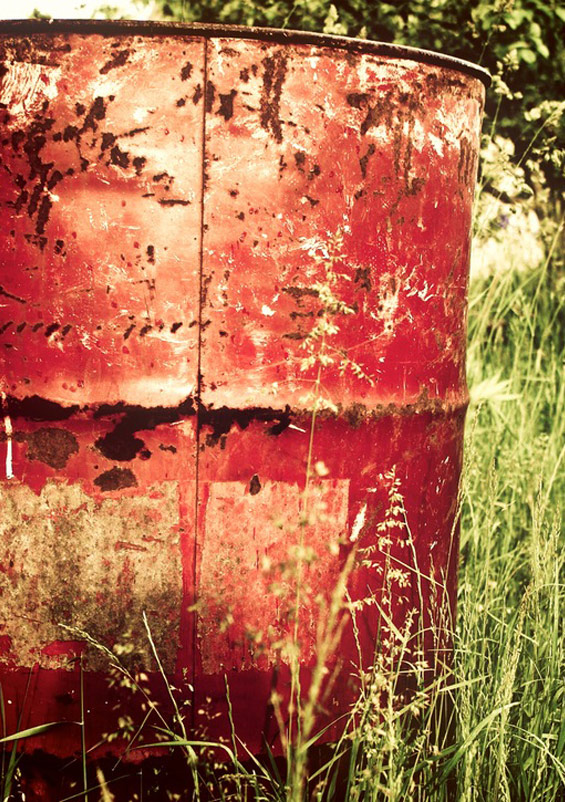

Biochar is widely used as a dietary supplement in the livestock industry in Europe and Japan, improving animal health by assisting in digestion, reducing feed requirements and methane production.
Biochar possesses many of the qualities of activated carbon, and can replace activated carbon in numerous water-filtration and bio-remediation applications.
Biochar is increasingly specified for specific remediation projects, including petroleum spills, roadway catchment, orchard (copper) contamination, and brownfields.
Significant quantities of ‘high-ash-agricultural carbon’ (wood ash+biochar) are produced on older biomass-energy boilers. This high ash material can be used to increase the PH in acidic soils and improve soil performance.
Biochar has been demonstrated to capture mercury (Hg) in smokestack scrubbers and replaces more costly approaches widely in use.
When a ton of biochar is produced and used in a soils application, it permanently sequesters 3 tons of CO2.
There is a rapid acceleration of renewable energy sources that will ultimately slow the build-up of CO2 in the atmosphere, but not in -time to repair the damage that has already been done.
Most climate scientists believe new strategies for sequestering carbon must be developed to avoid catastrophic consequences from climate change.
Biochar is broadly viewed by climate scientists as one of the few viable approaches to carbon sequestration, having the benefit if no downstream impacts, and large scale deployment will be driven by the marketplace.
Humans have observed the benefits of biochar for tens-of thousands of years, from the pre-Columbian (450 BC) farmers in South America who produced ‘terra preta’, transforming marginal soils to what was one of the most productive food systems in human history.
Native Americans, who transformed their landscape, burning underbrush to create fertile grazing lands for buffalo, their main source of protein.
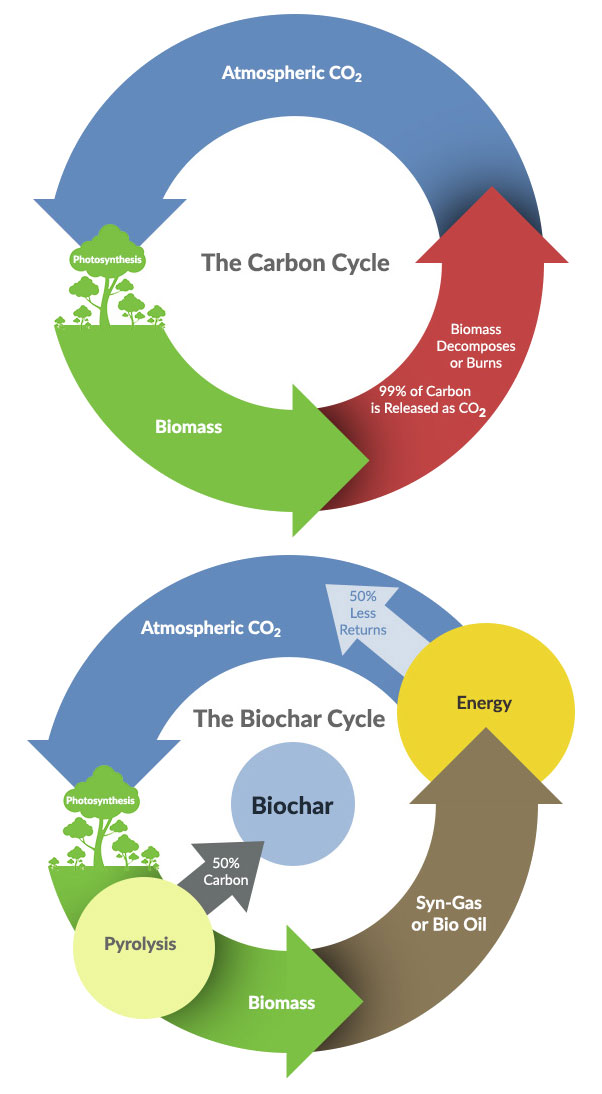

Seacoast Carbon Solutions LLC 1 Bryant Ave, Roslyn, NY, 11576
Stephan Rogers, CEO · 413.531.6884 | Jason Inoff, President · 516.205.5748